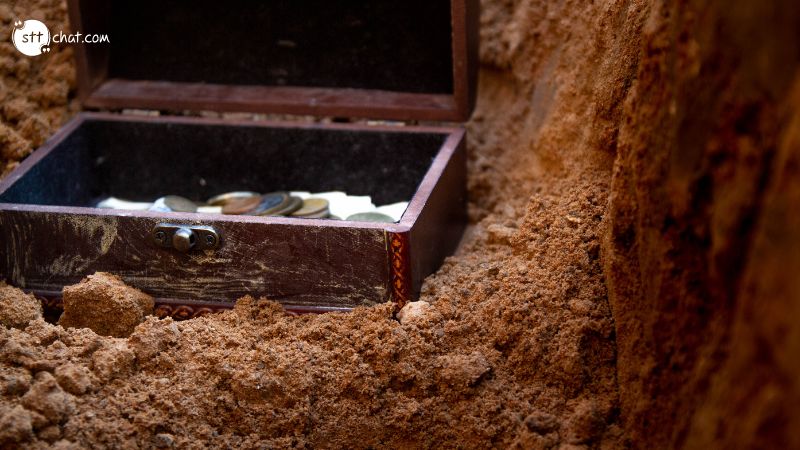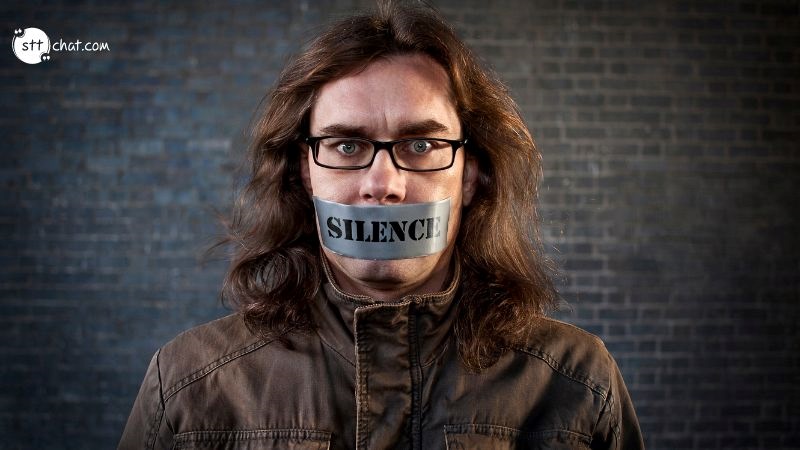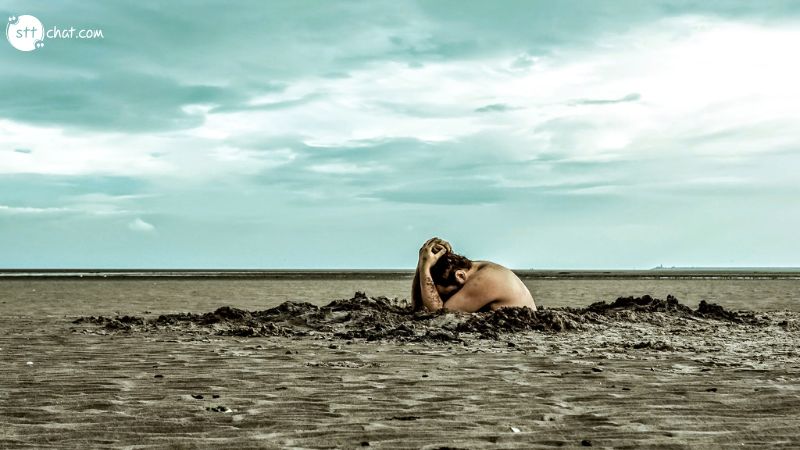Rumi, the 13th-century Persian poet, theologian, and mystic, has left behind a legacy of wisdom that continues to inspire and guide people around the world. One of his most compelling quotes is, "Where there is ruin, there is hope for a treasure." This simple yet profound statement encapsulates a timeless truth about resilience, transformation, and the hidden potential within life's challenges. In this blog, we will delve into the deeper meaning of this quote, exploring its relevance in various contexts and how it can serve as a guiding light in our personal and collective journeys.
1.The Essence of Rumi's Wisdom
1.1.Understanding the Metaphor
Rumi's quote uses the metaphor of "ruin" to represent the destructive and painful experiences that we inevitably encounter in life. These can include personal losses, failures, or any form of adversity that shakes our foundation. The term "treasure," on the other hand, symbolizes the valuable lessons, growth, and opportunities that can emerge from these hardships. Rumi suggests that within every disaster, there lies a potential for discovering something precious and transformative.

Ruin can include personal losses, failures, or any form of adversity that shakes our foundation - Source: Internet
1.2.Historical and Cultural Context
Rumi lived during a turbulent period marked by political upheaval and cultural shifts. His work often reflects the challenges of his time, offering solace and wisdom to those facing uncertainty and change. This quote, in particular, can be seen as a reflection of his belief in the enduring human spirit and the potential for renewal even in the darkest times.
2.The Journey from Ruin to Treasure
2.1.Embracing Adversity
To find treasure in ruin, one must first embrace adversity rather than avoid it. This means accepting that challenges and failures are an integral part of the human experience. By confronting our difficulties head-on, we open ourselves to the possibility of growth and transformation. This mindset shift is crucial in navigating through life's storms and emerging stronger on the other side.

Accepting that challenges and failures are an integral part of the human experience - Source: Internet
2.2.The Role of Resilience
Resilience is the key to turning ruin into treasure. It is the ability to bounce back from setbacks and adapt to new circumstances. Resilient individuals view adversity as a temporary state rather than a permanent defeat. They understand that every setback is an opportunity to learn, grow, and eventually find new paths to success.
2.3.Learning from Failure
Failure, while often perceived negatively, is a powerful teacher. It provides us with insights that success cannot. When we fail, we are forced to reassess our strategies, rethink our goals, and innovate. This process of reflection and adaptation is where the true treasure lies. By learning from our mistakes, we become wiser and better equipped to handle future challenges.
3.Practical Applications of Rumi's Quote
3.1.Personal Development
In personal development, Rumi's quote encourages us to look for growth opportunities within our struggles. Whether it's a career setback, a relationship breakdown, or a personal loss, these experiences can serve as catalysts for profound personal transformation. By seeking the treasure within the ruin, we can turn our pain into purpose and our setbacks into comebacks.
3.2.Professional Growth
In the professional realm, embracing the idea that ruin can lead to treasure can foster a culture of innovation and resilience. Businesses that encourage their employees to take risks and view failures as learning opportunities are more likely to thrive in the long run. This mindset can lead to creative problem-solving, improved productivity, and a more positive work environment.
3.3.Societal Impact
On a larger scale, Rumi's wisdom can inspire communities and societies to find hope in the face of collective challenges. Whether it's economic downturns, social injustices, or environmental crises, the potential for positive change and renewal is always present. By working together and focusing on the treasure within the ruin, societies can overcome adversity and build a better future.
Conclusion
Rumi's quote, "Where there is ruin, there is hope for a treasure," offers a timeless lesson in resilience and optimism. It reminds us that within every challenge lies the potential for growth and transformation. By embracing adversity, cultivating resilience, and learning from our failures, we can uncover the hidden treasures in our lives and turn our ruins into foundations for a brighter future. This wisdom not only applies to individuals but also to communities and societies, guiding us toward a path of continuous improvement and renewal.






